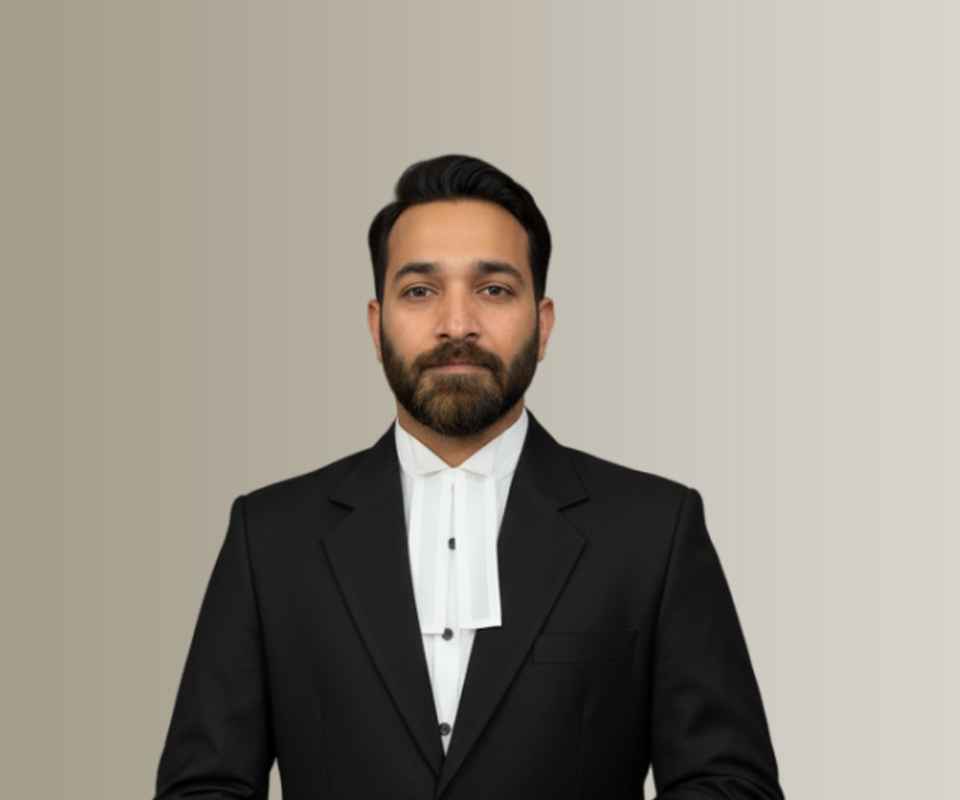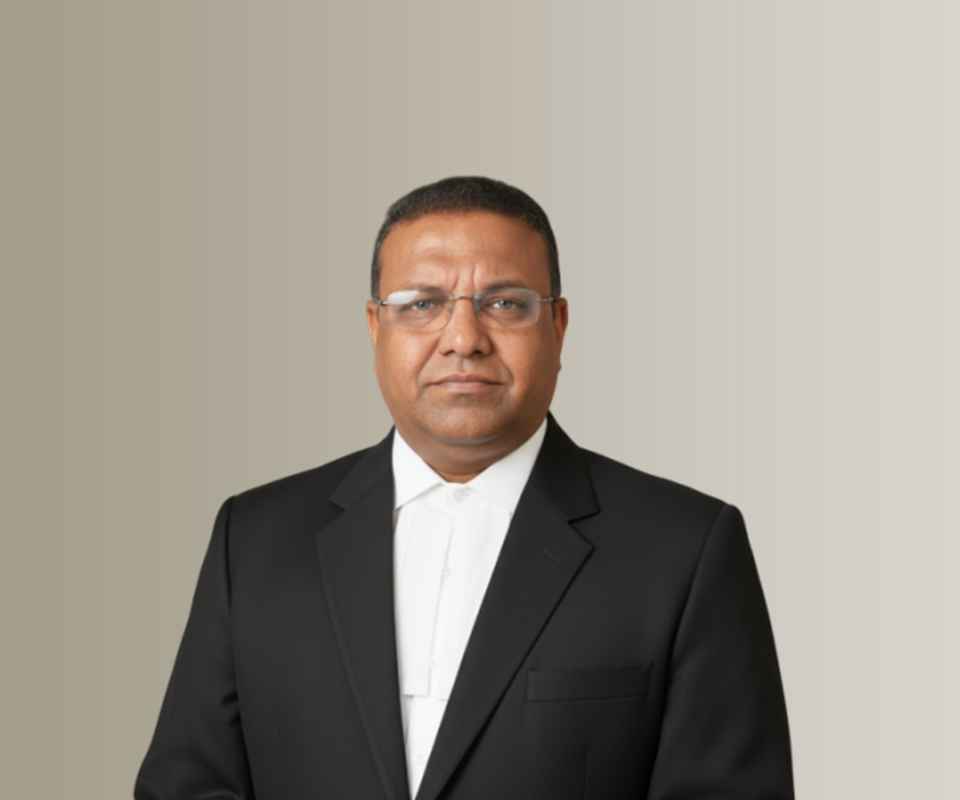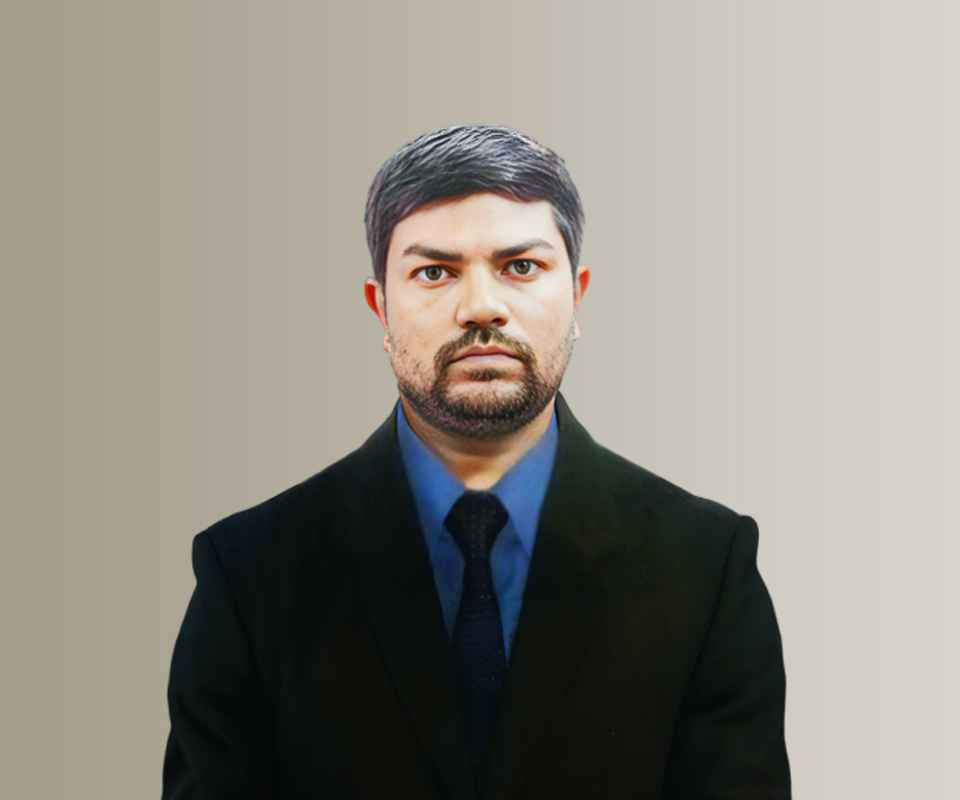Answer By law4u team
Defamation refers to false statements made about someone that harm their reputation. Elderly individuals can face defamation, especially in family disputes where accusations like abuse, neglect, or financial exploitation are wrongfully made. When an elder's reputation is falsely tarnished, they may have the right to seek legal recourse under defamation laws. The protection of an elder’s honor and reputation is crucial, especially when these false accusations have social, emotional, and legal consequences.
In such cases, defamation law can provide a remedy by allowing the elder to seek damages or an apology for the harm caused. However, the application of defamation law in the context of family disputes is complex, and it must be carefully evaluated based on the nature of the false allegations.
Can Elders Use Defamation Law Against False Family Accusations?
Yes, elderly individuals who face false accusations within their family may indeed use defamation law as a tool for redress. However, several key considerations need to be taken into account:
1. Definition of Defamation
Defamation Law: Defamation law provides two main forms of legal action:
- Libel: Written or published defamatory statements.
- Slander: Spoken defamatory statements.
False Statements: To succeed in a defamation suit, the elderly person must prove that the accusations made against them were false and that they were made with the intention to harm their reputation or cause them distress. This could be claims of neglect, abuse, or dishonesty that are not supported by facts.
2. Key Legal Elements in Defamation Cases
Publication: The false statement must have been communicated (published) to a third party, meaning someone other than the person making the accusation and the elderly individual.
Falsity of the Claim: For the claim to be defamatory, it must be false. If the accusation is true or has an element of truth, the defamation claim will not stand. This is especially relevant when accusations of elder abuse are involved, as these may be closely tied to facts and evidence.
Harm to Reputation: The elderly person must demonstrate that the false statement has harmed their reputation. In cases involving family, this harm may be seen in the form of emotional distress, loss of social standing, or damage to relationships within the community.
Intention or Negligence: The accuser must have made the statement either intentionally (knowing it was false) or negligently (without taking reasonable steps to verify its truth). In some cases, a family member might spread a false rumor without thinking about the consequences.
3. The Role of Family Dynamics in Defamation Cases
Family Members as Defendants: When a family member makes false accusations against an elder, the situation becomes delicate. Defamation claims against family members can create long-lasting emotional and social tensions. However, it is important to remember that even family members do not have the right to damage someone’s reputation without consequence.
Emotional and Psychological Impact: False accusations of elder abuse or neglect can have severe emotional consequences for the elderly person, which could further justify the mental anguish claim in a defamation lawsuit. Elderly individuals may suffer from anxiety, depression, or feelings of betrayal that can be linked to the defamatory statements.
Burden of Proof: The burden of proof is generally on the plaintiff (the elderly individual) to show that the statements made by the family member were false and caused damage. This is often difficult in family disputes, especially when there is hearsay or limited direct evidence of harm.
4. Exceptions and Defenses to Defamation
Truth as a Defense: The most common defense in defamation cases is that the statement was true. If the family member’s accusations about neglect or abuse are backed by factual evidence or witness testimony, the elder’s claim may not succeed in court.
Privilege: In some cases, statements made in certain contexts (e.g., in court proceedings, or to law enforcement during investigations) may be protected by privilege and may not constitute defamation. This is especially relevant if the false accusations were made as part of legal actions, such as a maintenance claim or elder protection investigation.
Public Interest and Fair Comment: If the statement was made in good faith and serves a legitimate public interest, the defendant may argue that the statements were made as a fair comment. For example, if someone accuses the elder of abuse to protect another family member, this defense might come into play.
5. Steps for Elders to Take in Defamation Cases
Consult Legal Counsel: The first step for an elder who believes they’ve been falsely accused is to consult a lawyer with expertise in defamation and elder law. A lawyer can assess the merits of the case and guide the elder through the complex legal process.
Gather Evidence: The elderly individual must gather all relevant evidence to prove that the accusations were false. This could include witness statements, documents, or medical records that contradict the accusations of abuse or neglect.
Consider Alternative Dispute Resolution: Given the family context of such cases, mediation or family counselling could also be an option to address the false accusations without escalating tensions. A mediated settlement might involve an apology or retraction from the accuser.
Legal Action: If the case proceeds to court, the elderly individual can file a civil defamation lawsuit seeking damages for the harm caused to their reputation, as well as emotional distress. The court will consider whether the statements were false and how they impacted the elder’s life.
6. Example of Defamation in Family Disputes
Scenario:
An elderly man is accused by his daughter of financial exploitation and neglect when he refuses to give her control over his finances. The daughter tells other family members and the community that he is incapable and has been abusing her for money. The elderly man believes these accusations are false and has caused emotional distress, as well as damage to his reputation.
Steps Taken:
- The elderly man consults with a defamation lawyer and presents evidence that the accusations are false.
- A lawsuit is filed for defamation, seeking damages for emotional distress and damage to reputation.
- The family is invited to mediation, but the daughter refuses to retract her statements.
- The court ultimately rules in favor of the elderly man, granting him compensation for the emotional harm caused.
Conclusion
Yes, defamation law can be used by elderly individuals who face false accusations from family members. These legal provisions offer a way for elders to protect their reputation and seek justice. However, the process is complex, especially in family disputes, where emotional, cultural, and legal factors all come into play. Elders should seek professional legal advice and gather evidence to support their case. Additionally, alternative dispute resolution methods, like family mediation, may be an option to consider in such sensitive matters.







